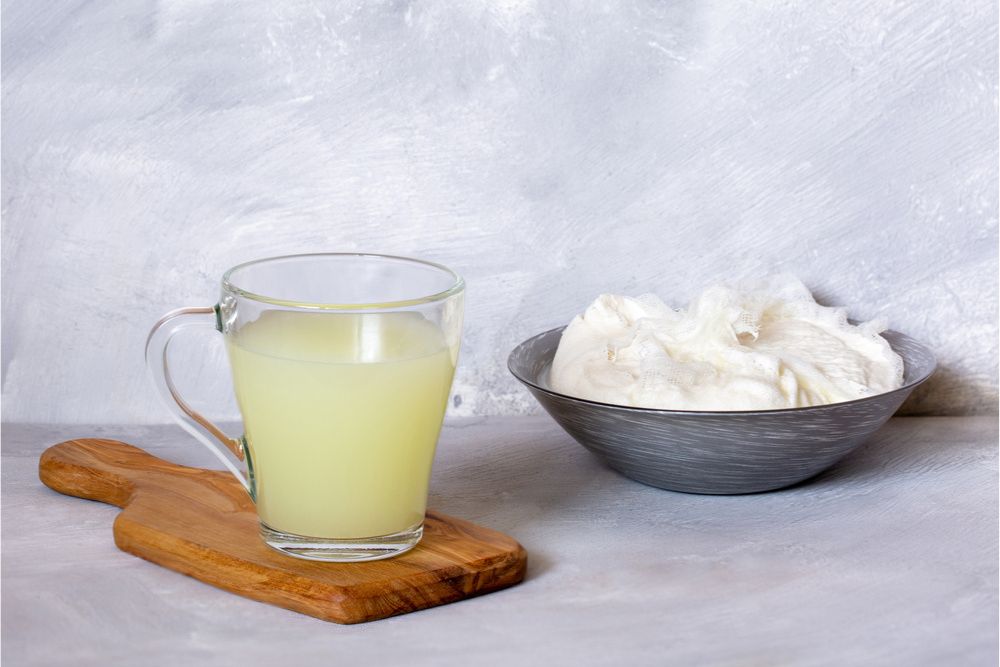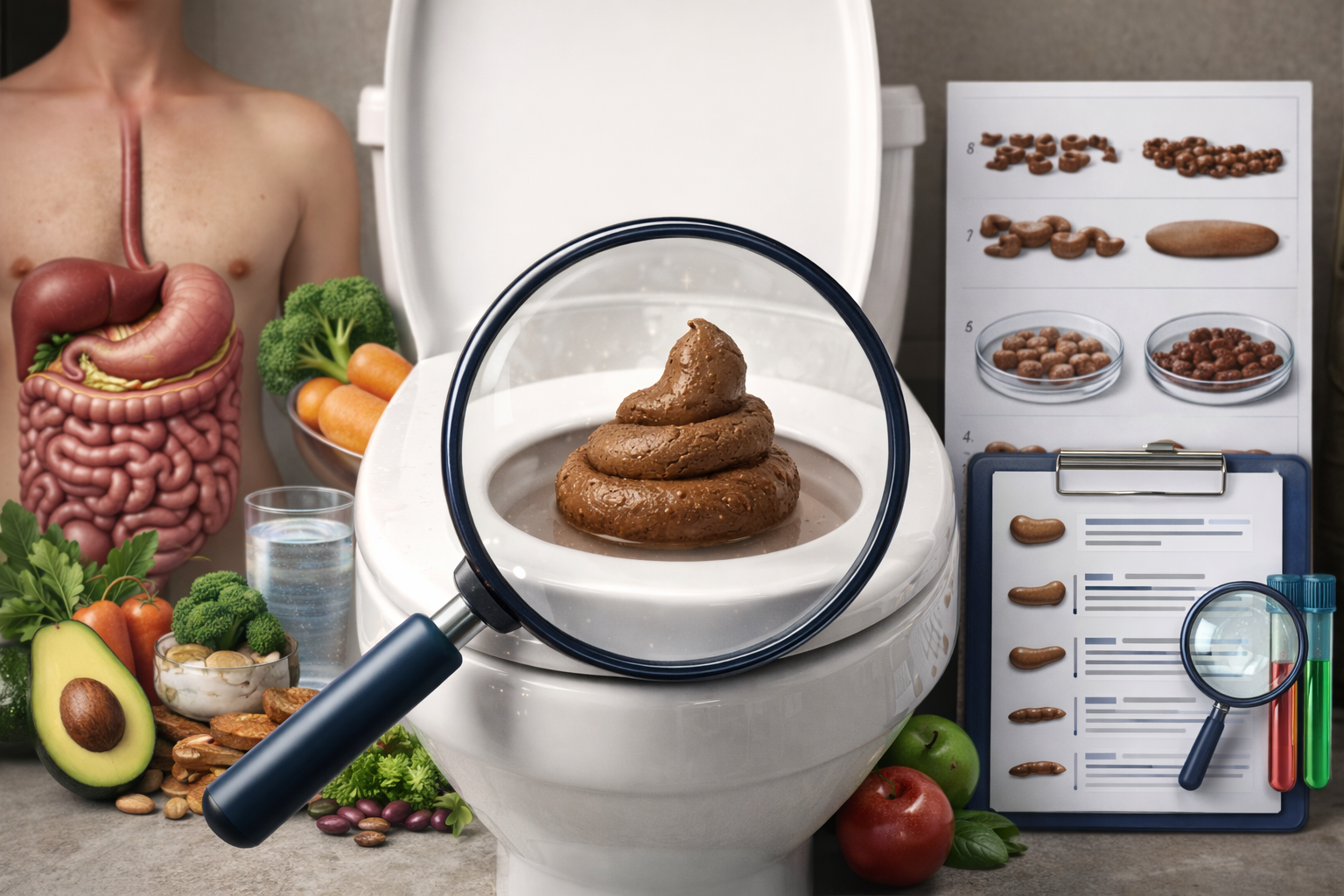Protein shakes have long been associated with muscle building and post-workout recovery, but does that mean they’re only beneficial for gym-goers? The truth is, protein is essential for everyone, not just those lifting weights or running marathons. According to research published in Nutrients, adequate protein intake is crucial for both athletes and the general population alike [1]. Whether you lead a sedentary lifestyle or engage in light activities, consuming adequate protein can support various bodily functions—including metabolism, muscle maintenance, and gut health.
If you’re wondering whether drinking protein shakes without working out is beneficial (or even necessary), this guide will walk you through how protein functions in the body, its benefits beyond exercise, and why choosing the right type of protein—like whey or bone broth protein—can make all the difference .

The Role of Protein in the Body
Whether you’re active or not, your body needs protein to function optimally. Protein serves as the fundamental building block for muscles, skin, hair, and even the enzymes that regulate your metabolism. Here’s a closer look at protein’s essential role in overall wellness:
- Supports Muscle Maintenance: Protein helps preserve lean muscle mass, crucial for maintaining metabolism and strength as you age, even without regular workouts.
- Aids in Recovery & Repair: Your body continuously repairs tissues, even from everyday activities, making adequate protein intake essential.
- Boosts Satiety & Weight Management: Protein’s increased satiety compared to carbohydrates or fats helps control appetite and promotes healthy snacking habits.
- Promotes Gut Health: Specific proteins, like bone broth protein, are rich in collagen and amino acids that support optimal digestion and a healthy intestinal lining.
- Enhances Skin, Hair, & Joint Health: Whey and bone broth protein, containing amino acids like glycine and proline, contribute to healthy joints, skin elasticity, and hair growth.
Do You Need Protein If You’re Not Exercising?
Absolutely! While protein is often associated with building muscle, it’s essential for everyone, even those with low to moderate activity levels. Insufficient protein intake can lead to a variety of health issues, including muscle loss, a slower metabolism, brittle hair and nails, and a weakened immune system[2].
However, it’s important to be mindful of calorie intake when consuming protein shakes without exercise. A single serving of protein shake typically contains 100 calories or more, and when combined with ingredients like milk, fruits, and nut butter, the calorie count can easily exceed 200–500 calories [3]. If you’re not balancing this intake with physical activity, the excess calories may be stored as fat.
Consider these factors when assessing your protein needs:
- Age: As you age, your body naturally loses muscle. Protein intake can help maintain muscle mass and prevent age-related decline.
- Metabolism & Weight Management: Higher protein intake has been shown to increase metabolism and promote fat loss, but excess calories from protein shakes without exercise may contribute to weight gain.
- Hormonal Balance & Energy Levels: Protein plays a crucial role in producing hormones and enzymes that keep your energy levels stable throughout the day.
Bottom line: Protein isn’t just about gym performance—it’s about long-term health, recovery, and vitality. But if you’re consuming high-calorie protein shakes without staying active, you may experience unintended weight gain.
Choosing the Right Protein: Whey vs. Bone Broth Protein
If you’re considering adding a protein supplement to your routine, choosing the right one is key. Two of the most popular options are whey protein and bone broth protein, but they serve slightly different purposes.
Whey Protein: The Classic Choice

Whey protein is fast-digesting, making it a great option for muscle recovery and post-workout nutrition. It contains all nine essential amino acids and is especially high in leucine, which triggers muscle protein synthesis.
However, whey protein isn’t ideal for everyone. Some individuals experience digestive discomfort or dairy sensitivities when consuming whey [4], making bone broth protein a superior alternative.
Bone Broth Protein: The Gut-Friendly Alternative

Derived from slow-simmered animal bones, bone broth protein offers a wealth of beneficial compounds, including collagen, glycine, and proline. This unique extraction process unlocks vital nutrients that support joint health, repair the gut lining, and maintain skin elasticity [5]. A key difference from whey, bone broth protein is naturally dairy-free, offering a gentler option for digestion while still providing high-quality protein.
Why Choose Bone Broth Protein? Supports gut health and digestion. Contains collagen for joint, hair, and skin benefits. Free from dairy, making it easier on the stomach. Sustains energy levels without causing blood sugar spikes.
How to Incorporate Protein Shakes into a Daily Routine
Even without a workout routine, protein shakes can be a valuable addition to your diet. Here are some easy and effective ways to seamlessly integrate them into your daily meals:
- Breakfast Boost: Kickstart your day with sustained energy by blending bone broth protein into your morning smoothie. You can also try adding it to other breakfast staples like oatmeal or yogurt.
- Meal Replacement: Create a satisfying and balanced meal replacement by blending a protein shake with healthy fats like avocado or nut butter, and fiber-rich additions such as chia seeds or flaxseeds.
- Digestive Boost: Mix a protein shake with herbal tea or warm water to aid digestion and provide a gentle, nutrient-rich break during your day.
- Midday Pick-Me-Up: When midday cravings hit, reach for a protein shake instead of sugary snacks. It can help curb those cravings and promote stable blood sugar levels.
Final Thoughts: Is Protein Necessary Even Without Exercise?
Simply put, yes, protein is essential. Even without regular exercise, it plays a crucial role in muscle maintenance, metabolic function, digestive health, and overall well-being.
Keep in mind, however, that consuming high-calorie protein shakes without accompanying exercise can lead to weight gain due to surplus calories being stored as fat. If you’re uncertain about the ideal protein source or serving size for your individual needs, consulting a registered dietitian or healthcare professional is always recommended.
| 💡 If whey leaves you bloated or sluggish, there’s a better way! Many people turn to Bone Broth Protein—a clean, gut-friendly alternative to whey, packed with collagen, amino acids, and essential nutrients to support muscle recovery, digestion, and joint health—without the bloating! |
References
- Stoodley, I.L.; Berthon, B.S.; Scott, H.A.; Williams, E.J.; Wood, L.G. Protein Intake and Physical Activity Levels as Determinants of Sarcopenia Risk in Community-Dwelling Older Adults. Nutrients 2024, 16, 1380. https://www.mdpi.com/2072-6643/16/9/1380
- Wu G. Dietary protein intake and human health. Food & Function. 2016;7(3):1251-1265. https://pubs.rsc.org/en/content/articlehtml/2016/fo/c5fo01530h
- Drewnowski A, Bellisle F. Liquid calories, sugar, and body weight. The American Journal of Clinical Nutrition. 2007;86(3):718-723. https://www.sciencedirect.com/science/article/pii/S000291652327971X
- Vasconcelos QDJS, Bachur TPR. Whey protein supplementation and its potentially adverse effects on health: a systematic review. Applied Physiology, Nutrition, and Metabolism. 2021;46(7):701-709. https://cdnsciencepub.com/doi/abs/10.1139/apnm-2020-0370
- Kang SC, et al. Collagen and its impact on health: A comprehensive review. Nutrients. 2021;13(9):3106. https://www.ncbi.nlm.nih.gov/pmc/articles/PMC8471084/





